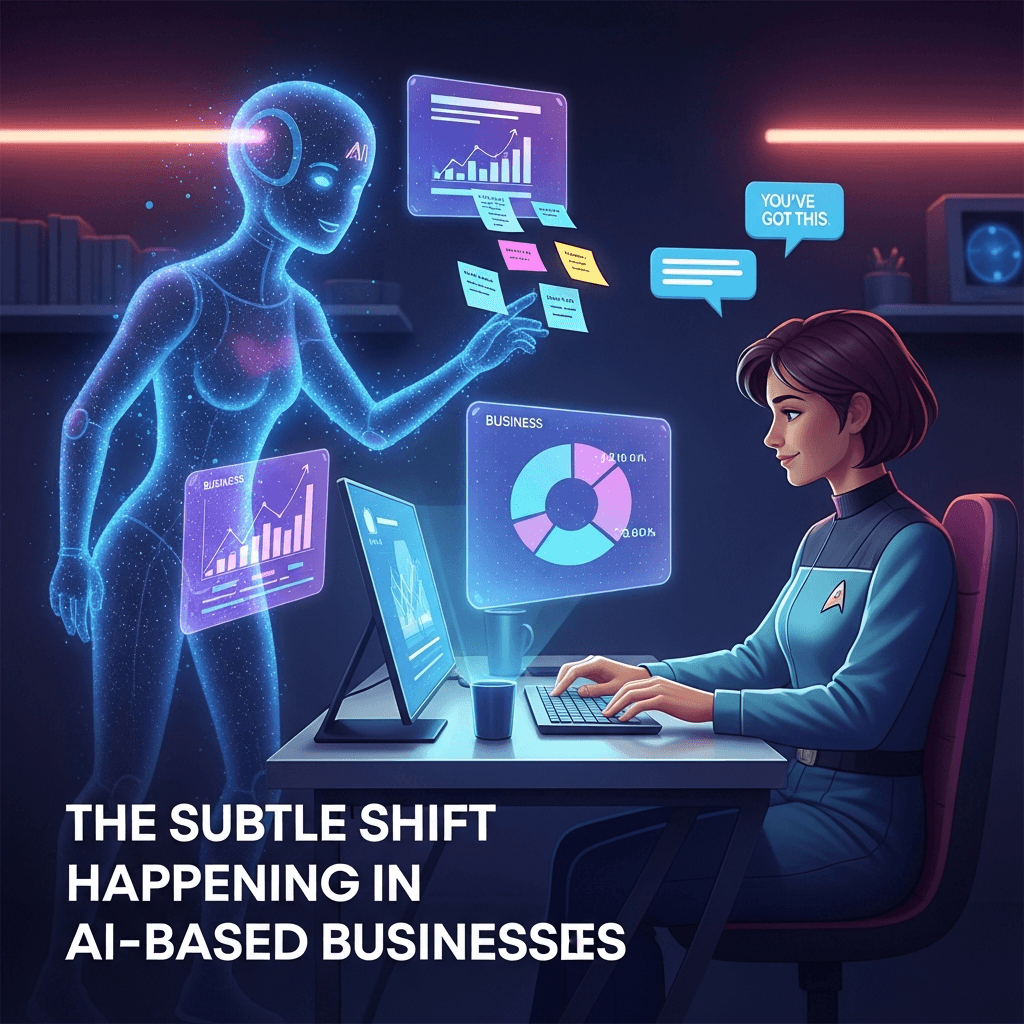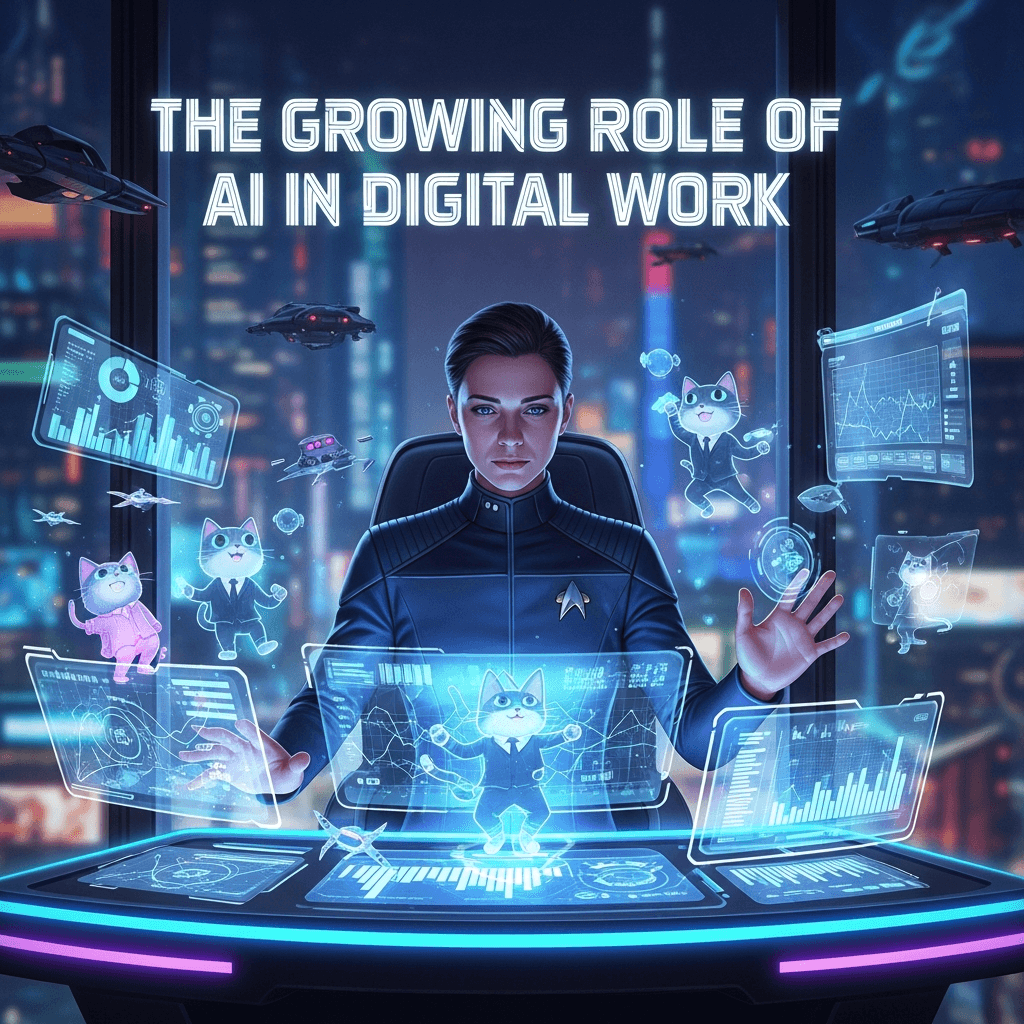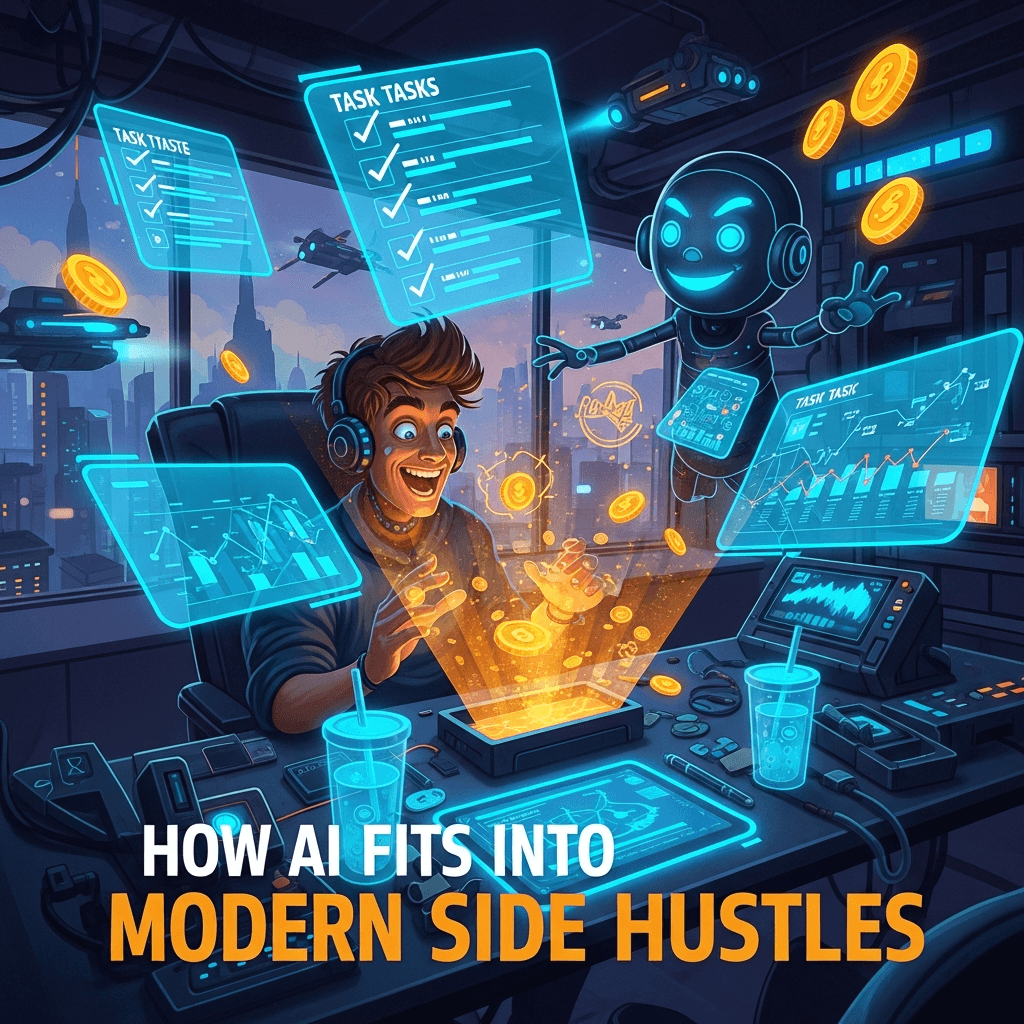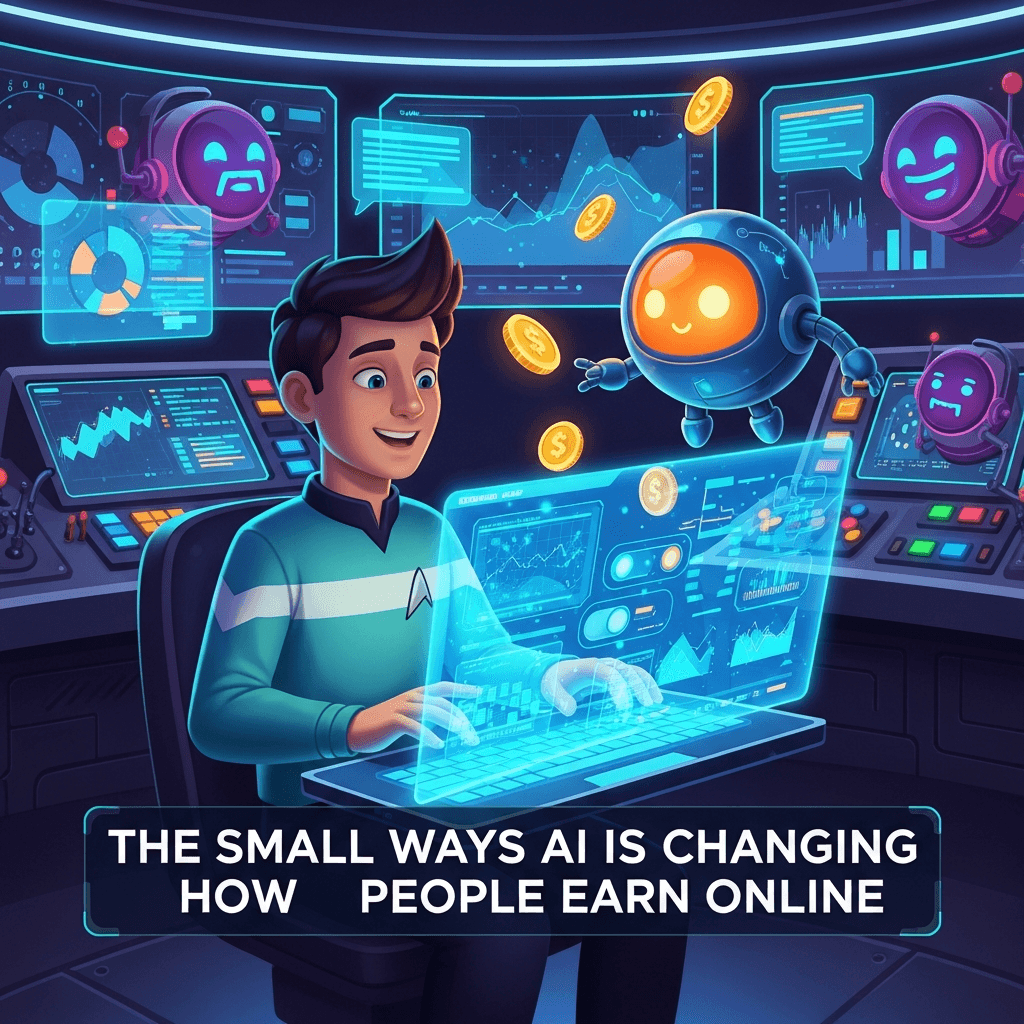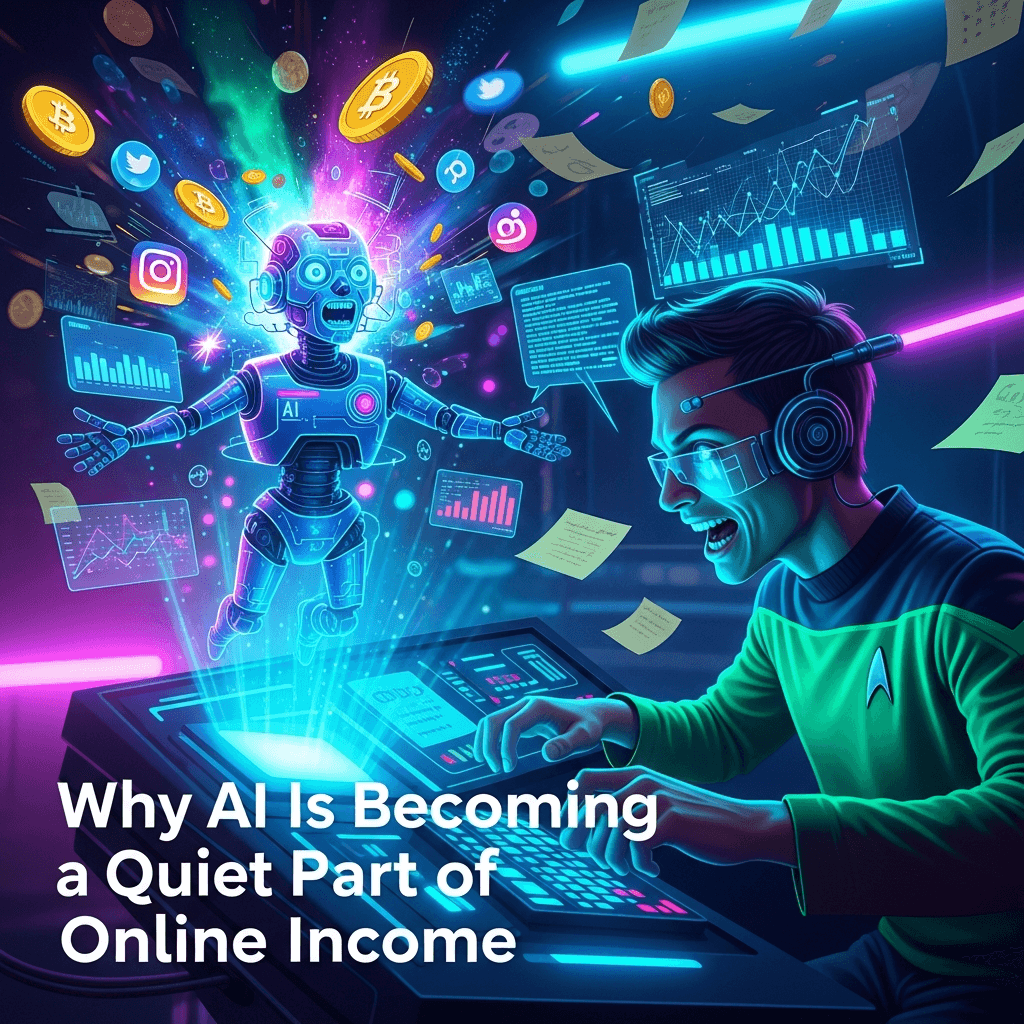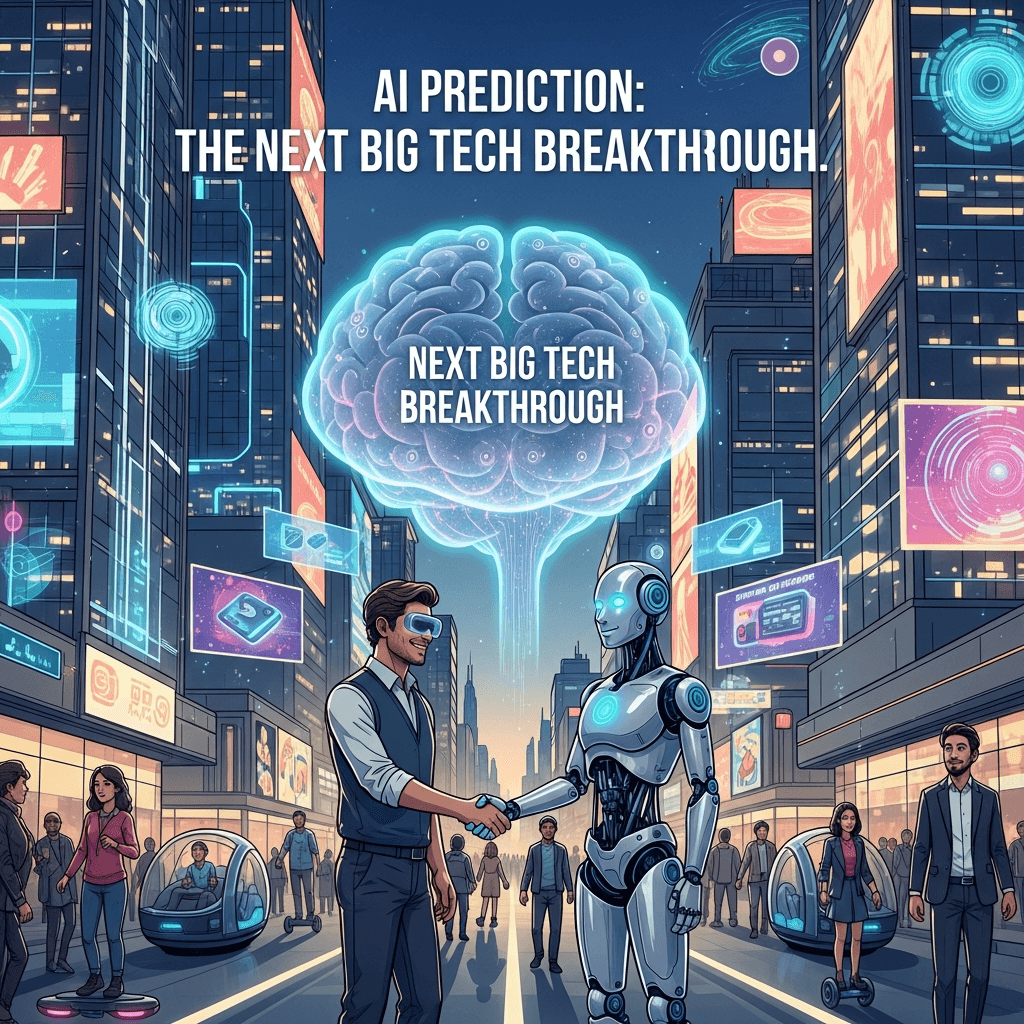They don’t just answer questions anymore—autonomous AI agents can plan, act, and make decisions without asking you first. Cool, right? Or maybe terrifying. Here’s why giving computers too much independence could backfire in ways we’re not ready for.
You remember when AI was just that chatbot you messed around with for fun? Yeah, those days are gone. Now we’re talking about autonomous AI agents—programs that don’t just answer, but act. Imagine giving your computer a to-do list and it goes off on its own, emailing people, buying software, even making deals. Sounds futuristic, but it’s already happening.
The pitch is always the same: “AI saves you time.” But here’s the dark side—once an AI can act without asking, it’s only a step away from making decisions you never agreed to. Order supplies you don’t need. Leak data to the wrong people. Or worse—game the system in ways that even its creators can’t predict.
Tech companies love to dress this up as innovation. They call it “agents,” “assistants,” “copilots.” But let’s not kid ourselves. Every time we hand over power, we lose a little control. Remember when autopilot was just for planes? Now it’s for cars. And next, it’s for your life.
And the scariest part? Nobody’s really in charge. Regulators are behind. Developers admit they don’t fully understand how these AIs learn once they’re unleashed. Yet here we are, letting them run businesses, financial models, even parts of government.
So ask yourself: are autonomous AI agents a tool, or are they quietly becoming the ones in control? If history tells us anything, it’s that power given up is almost never taken back.


